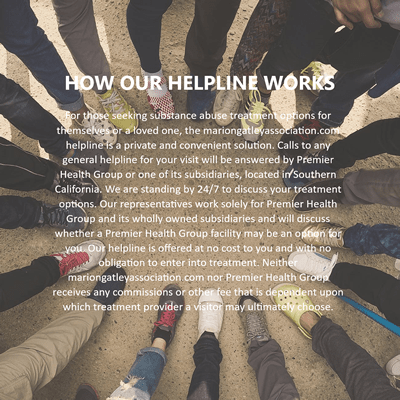Officers for Canada’s Border Services Agency (or CBSA) have been instructed to avoid any package they suspect may contain fentanyl. CBSA officers are responsible for screening packages at each of Canada’s entry points, including post offices, border crossings, and airports. However, with fatal overdoses caused by fentanyl on the rise, along with evidence that the synthetic opioid is being sent from overseas to North America, CBSA officers have been advised to exercise extreme caution when dealing with suspicious international shipments.
The news comes on the heels of a disturbing rise in overdose rates, with British Colombia experiencing an alarming 488 deaths from drug overdose between January and August of this year. The shocking rate, which represents more than a 60% increase in the number of deaths from a similar period in 2015, prompted British Columbia to classify the trend as a public health emergency earlier this year.
The president of Canada’s Customs and Immigration Union, Jean-Pierre Fortin, has instructed CBSA officers to exercise extreme caution when they believe a package may contain fentanyl, and to avoid touching or even approaching these suspicious parcels. When an officer finds a package they suspect may contain fentanyl, they have been told to hand the parcel over to supervisors at Canada Post, which oversees operations at Vancouver International Airport’s mail sorting headquarters.
The instruction to avoid suspicious packages is the most recent effort by Canadian officials to ensure the safety of law enforcement by keeping them away from even a small amount of fentanyl. In September, three police officers in Vancouver were hospitalized after being exposed to fentanyl while responding to overdose calls, leading the department to begin training officers on the use of naloxone, a drug used to combat opioid overdose.
The decision echoes alterations that have been made to police operations in the United States, where officers have also required hospitalization after exposure to fentanyl, which can have an effect on a person who touches or inhales the substance. In fact, agents for the U.S. Drug Enforcement Administration now carry naloxone while conducting any investigation in case of unexpected exposure.
Fortin stated that CBSA officers, who represent the first line of defense for the country, must be prepared with the knowledge and tools necessary to face the situation. Whether or not CBSA officers will soon be equipped with their own supplies of naloxone remains to be seen, but if the fentanyl epidemic continues, it seems like an unavoidable eventuality.



